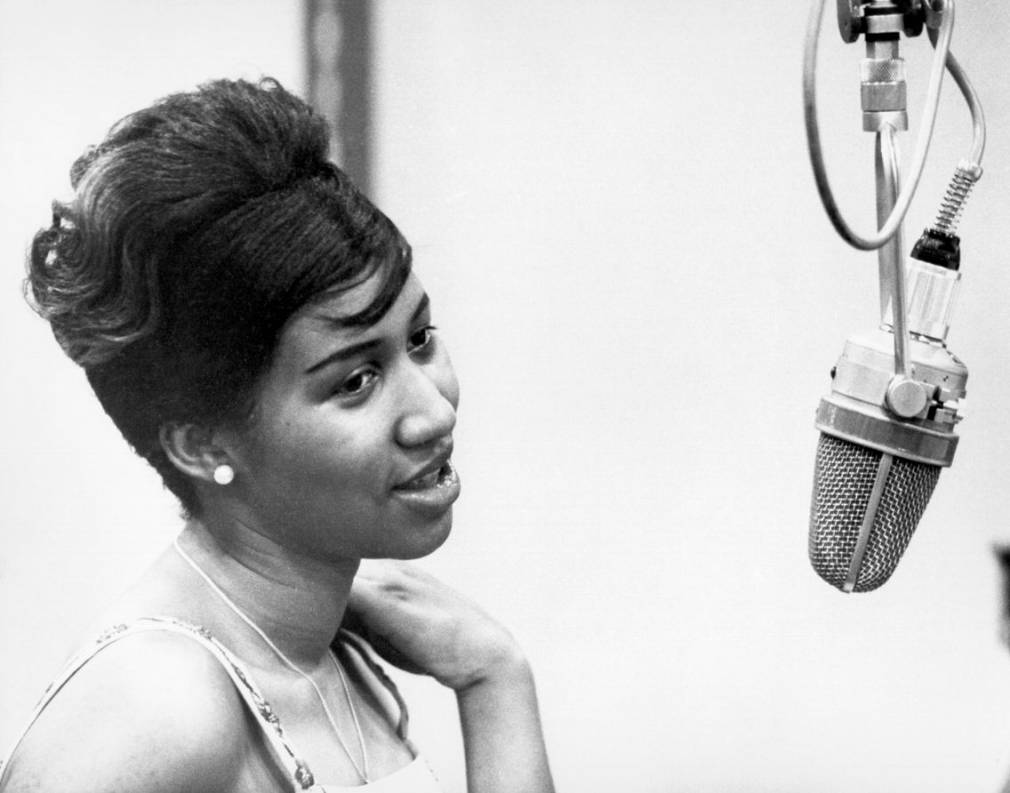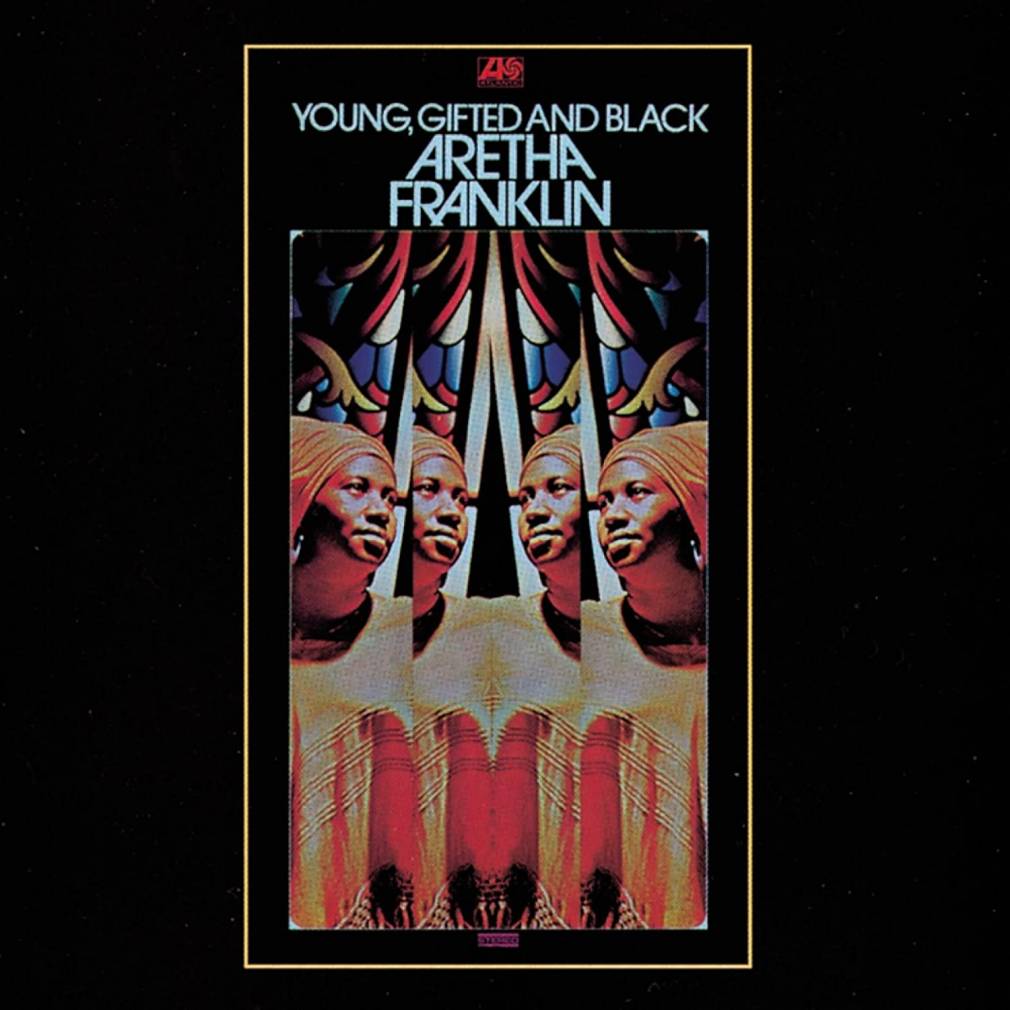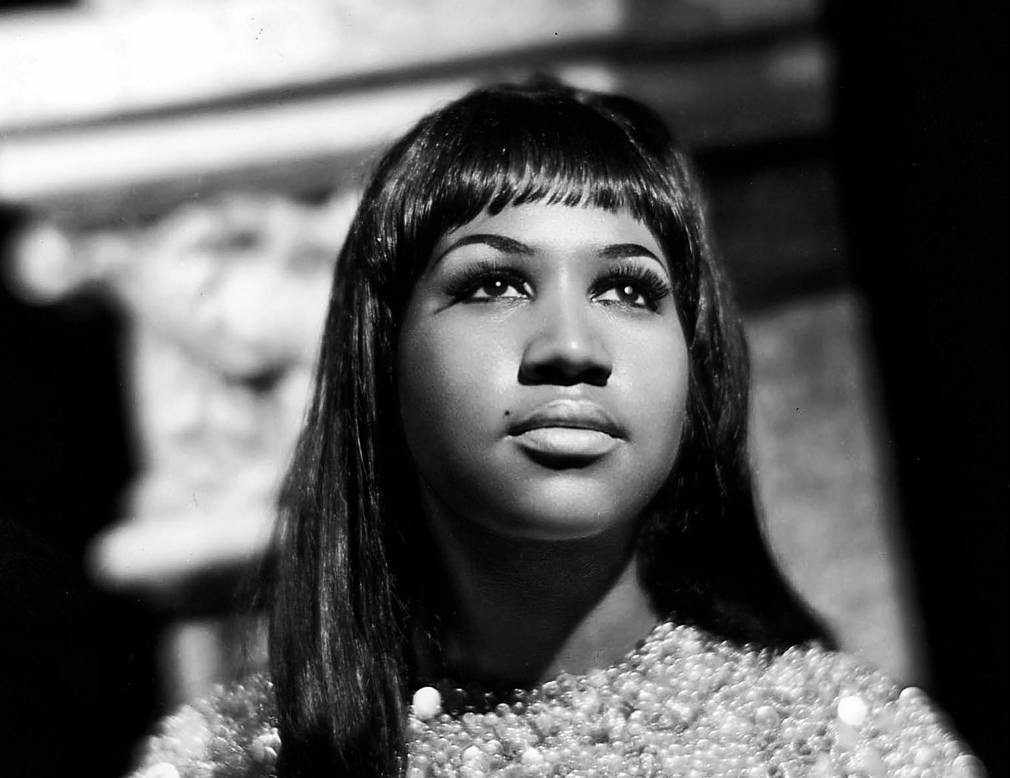“Young, Gifted and Black”. Its hard to make a title any more explicit and hard to find a more suitable artist to sing it than Aretha Franklin, who embodied all the qualities of the song composed by Nina Simone. She even named an album after the song, released in 1972 – quite a year for this pastor’s daughter born thirty years earlier into the deep South of Memphis, Tennessee, and who would go on to become the high priestess of empowered soul. Surrounded by a team tailored to her every need (Donny Hathaway even features as a keyboardist on this session), she converted this hymn of black pride into a gospel piece full of woe yet at the same time brimming with hope.
“ In the whole world you know
Nina Simone
There’s a million boys and girls
Who are young, gifted and black
And that’s a fact
You are young gifted and black
We must begin to tell our young
There’s a world waiting for you ”
This wouldn’t be the first time that Aretha Franklin made the words of others her own. Who actually remembers the fact that, two years before Franklin’s cry for emancipation that still echoes across the generations, it was Otis Redding who first recorded “Respect”? ‘This song took on a monumental significance. It became the embodiment of the “respect” that women expect from men and men from women, the inherent right of all human beings’ stated Franklin in her autobiography, Aretha: From These Roots.
In 1967, the singer had just left Columbia to join the team at Atlantic where, in addition to producer Jerry Wrexler, she found a musical director in Arif Mardin, who saw to her every need. “When I went to Atlantic Records, they just sat me down by the piano and the hits started to come out.” Five years later, from the Grammy Awards to the front pages, this natural woman was at the peak of her career, perhaps even rivalling Martin Luther King in terms of community recognition. There was nothing she couldn’t do, even recording a religious service, Amazing Grace, on 13th January 1972 with the Reverend James Cleveland, a move that turned her into a household name. Ten days later Aretha released Young, Gifted and Black, which also featured a very funky recording of “Rock Steady”, composed by the Queen Of Soul and featuring Dr. John on percussion.

As for the song “Young Gifted and Black”, it still bears – despite all the talent of Aretha Franklin – the hallmarks of Nina Simone, who released it as a single in 1969. The lyrics, written by the formidable Weldon Irvine – whose works every music lover should explore more – are a poignant tribute to the playwright Lorraine Hansberry, who died in 1965 at the age of 34. A friend of Nina Simone and a civil rights activist, this free spirit fought alongside James Baldwin to have the rights of gay people recognised as well. These few verses keep repeating what is still a issue for some unenlightened minds (‘to be young, gifted and black’) as well as echoing the life of the singer baptised Eunice Kathleen Waymon. In the 1950s, Nina Simone was indeed young and gifted, so much so that she dreamed of being a classical concert pianist. This destiny was thwarted by the segregation that prevailed at the time and it was a wound that never fully healed for the prodigious pianist, who was one of the few African-American students admitted to the prestigious Juilliard School of Music but whom too many still think of today as simply just a singer (the same could be said of Aretha Franklin, who was brilliant when she sat at the piano).
Over the past half century, many others have taken up these blues lyrics, beginning with soul brother Donny Hattaway in 1970, another gifted musician with a tragic destiny. A majestic version, twice as long as Aretha’s and equally inspired by a gospel sound that emerges from every key of the keyboard which – along with the choir – illuminates the master’s singing. That same year Marcia Griffiths joined forces with Bob Andy to record a not terribly exciting reggae version on the label Trojan. In the same vein, but with much more of a roots flavour, the Heptones’ version produced by rival label, Studio One, reminds us that the lyrics make sense everywhere in the diaspora: ‘Can we all be proud to say: “To be young, gifted and black?”
More recently, in 2012, Meshell Ndegeocello joined forces with Cody Chesnutt, bringing her to the forefront of the contemporary folk jazz scene with the album Pour Une Ame Souveraine (For A Sovereign Soul – translator’s note) – a tribute to Nina Simone. What could be more fitting when considering the journey of this woman who was “free as a bird” (her Swahili nickname), and known for her independence of spirit and sharp wit? “Even though she was involved, Nina Simone was not a spokesperson with a firm and definitive message,” explained Meshell Ndegeocello. “Her music often spoke for her; about her flaws and troubles. Her humanity is undoubtedly what we must remember – this desire to embrace everything with the flaws we already know. She was not simply good, or bad, or brilliant. She was all these things, and, above all, human.” This is perhaps why she was the inspiration for the, quite different but no less impactful, lyrics of the master of Latin funk Joe Bataan, who also declared in 1972 that he was Young, Gifted and Brown…





